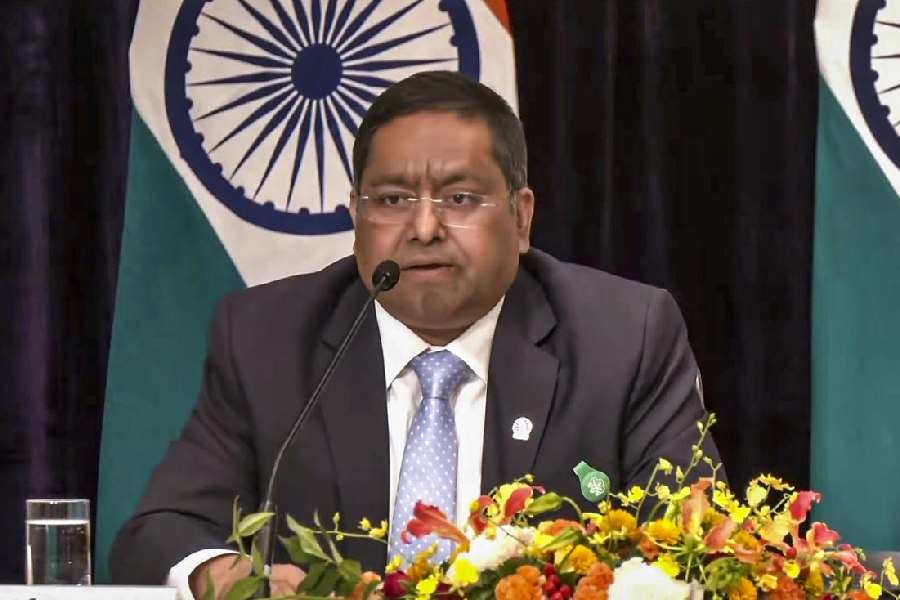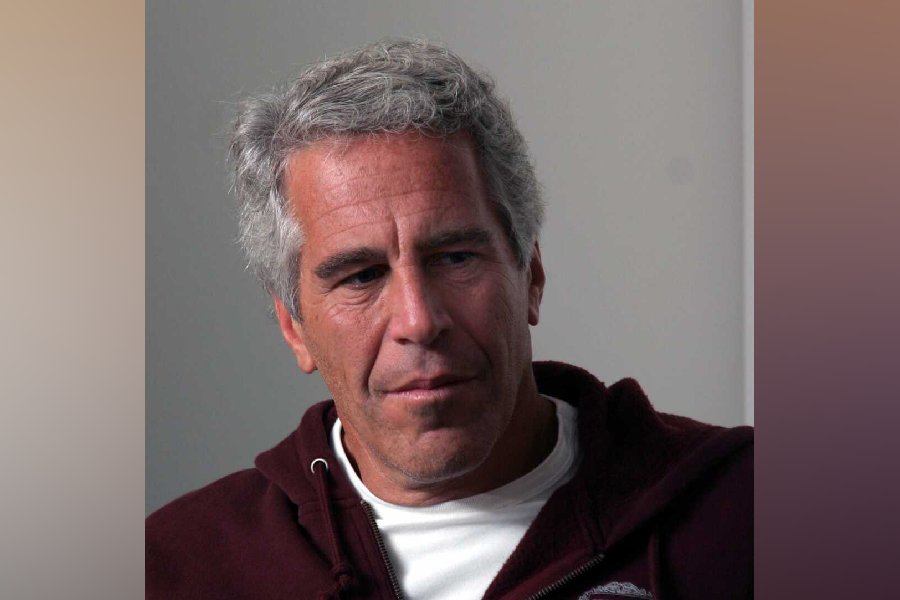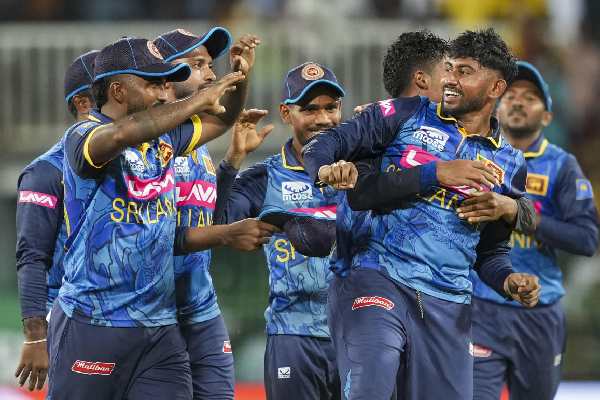New Delhi, July 19: A Supreme Court bench looking into whether the right to privacy is a fundamental right hinted today that issues such as LGBT (lesbian, gay, bisexual and transgender) rights could crop up if it was made absolute.
The nine-judge Constitution bench, which is revisiting the issue in the wake of the Centre's efforts to make Aadhaar mandatory in every sphere of life, prima facie felt that no right could be claimed as absolute as all were subject to reasonable restrictions.
A large number of petitions have been filed in the Supreme Court assailing the move to make Aadhaar mandatory on the ground that it violates an individual's right to privacy as it involves collection of citizens' iris, fingerprint and other personal details that run the risk of getting leaked to vested interests.
"If I cohabitate with my wife, what would be the scope of the right, would it include marriage? Probably yes. Procreation? Probably yes. I may have my own sexual orientation. But the moment we say it is a fundamental right, then the judgment in (the) Naz Foundation (case) becomes vulnerable. Sexual orientation then becomes part of right to privacy," one of the judges on the bench, Justice D.Y. Chandrachud, observed.
On December 11, 2013, the Supreme Court had ruled in the Naz Foundation case that sexual orientation perceived as "unnatural sex against the order of nature" was a criminal offence that could entail punishment ranging from 10 years to life imprisonment. In February 2016, the issue was referred to a five-judge Constitution bench, which is yet to begin its hearing.
The nine-judge bench comprises Chief Justice of India J.S. Khehar and Justices Chandrachud, J. Chelameshwar, S.A. Bobde, R.K. Agrawal, R.F. Nariman, A.M. Sapre, Mohd Nazeer and Sanjay Kishan Kaul.
"I have a right to cohabitate with my wife in my bedroom.... I may have my own sexual orientation. The state cannot barge into my bedroom, but which school my child should go to could be a matter of choice or decision," Justice Chandrachud said.
In other words, the court was of the view that certain individual rights may be absolute, like cohabitation of a husband and wife in the bedroom, but a person cannot insist as a matter of right that his child be admitted to a particular school.
Senior advocate Arvind Datar, appearing for some of the petitioners, argued that the right to privacy was part of Article 21 of the Constitution, which deals with the fundamental right to life and liberty.
"My right to dissent is part of my fundamental right and the right to privacy is a small sect subsisting on liberty," Datar said.
The advocate said an eight-judge Constitution bench in 1954 and a six-judge bench in 1962 had only made a passing reference to the right to privacy that could not be considered an authoritative pronouncement.
According to Datar, several two-judge and three-judge apex court benches had subsequently held that the right to privacy was a fundamental right.
Justice Chandrachud said a person has to furnish personal details while applying for a loan and disclose personal medical records while purchasing health insurance. "Every aspect of disclosure is not covered by the right to privacy. Such aspects have to be governed... such right cannot be absolute and can be regulated by the state," Justice Chandrachud said.
The court said the government might require a large amount of data to track criminal activities, for taxation and for many legitimate requirements. "So the right (to privacy) is not so overarching or absolute to prevent the state from legislating," the bench said.
Jurist Soli Sorabjee, who has opposed the government's efforts to make Aadhaar cards mandatory, said the right to privacy was inherent in the Constitution though not explicitly stated. It should be "deduced from Article 19 (1) (freedom of speech) and was a cherished constitutional value," he argued.
Sorabjee said it was a "fallacious" argument to say there was no fundamental right to privacy.
Senior advocate Gopal Subramanium argued that the right to privacy was a "pre-existing, inherent value of the Constitution and a natural right".
He said liberty and individual dignity were the basic features of the Constitution and therefore, the right to privacy was an inalienable right.
Shyam Divan, a senior advocate appearing for former Karnataka High Court judge K. Puttaswamy Gowda, and several other petitioners placed before the court purported parliamentary debates, including a speech by Arun Jaitely, to claim that the Union finance minister had admitted that the right to privacy was a fundamental right.
Divan, Subramanium and Datar argued that the right to privacy should be made a fundamental right, but whether such a right is absolute or not should be dealt on a case-to-case basis by courts.
Tomorrow, the government is expected to defend its Aadhaar policy and also its stand that the right to privacy cannot be made absolute.










